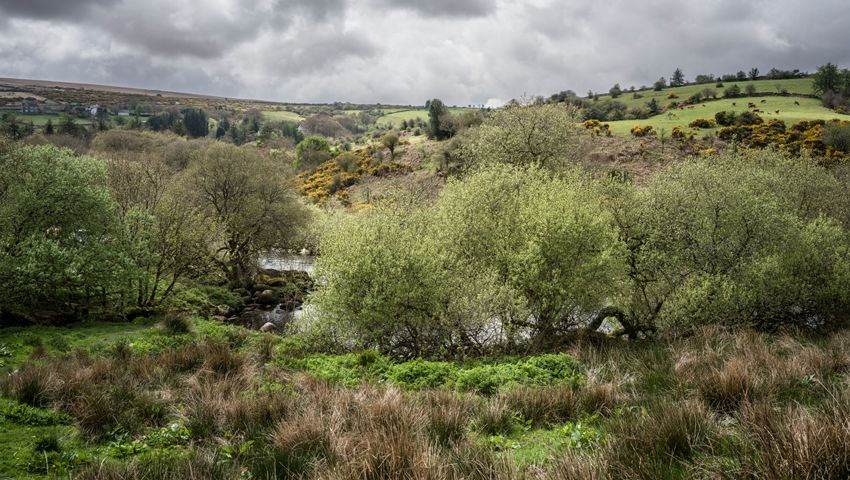The Duchy of Cornwall has revealed how it is supporting farming tenants and land managers to achieve a net zero Estate by the early 2030s. This will contribute to the delivery of the Estate’s vision of Sustainable Stewardship for Communities, Enterprise and Nature.
The Duchy’s 2022 Net Zero Carbon Report highlighted that farming contributes to 62% of the Estate’s total carbon footprint. Under the guidance of HRH Prince William, Duke of Cornwall, the Duchy has now increased the available support for tenants to target emission reduction on farms. The support package from the Duchy includes:
- Assistance to accurately input farm data to measure farm emissions as part of whole farm plans
- Access to farmer-led training, farm walks and workshops
- Investment in farm infrastructure and machinery that supports low carbon farming practices
- Provision of independent advice from industry experts
The Duchy of Cornwall recognises that farming provides for a range of beneficial outcomes for society including food security and economic prosperity in rural communities. Key to a net zero transition are resilient farming systems that reduce reliance on fossil fuel and utilise nature-based solutions in the fight against climate change.
The Duchy of Cornwall will work closely with its tenant farmers to demonstrate how actions to reduce emissions can also benefit financial margins, with whole farm planning essential to ensure farm profitability and net zero ambitions work together.
Following research between 2021 and 2023 where the Duchy commissioned baseline farm carbon budgets for all equipped farms, evidence is emerging that four farms on the Duchy Estate are net zero. Two of these farms are Huccaby Farm on Dartmoor (run by David and Shirley Mudge) and West End Farm in Somerset (run by Derek and Tanya Morris).
Huccaby is an upland farm where there is extensive low input sheep, cattle and pony grazing. To further reduce their emissions, David and Shirley are looking to eliminate soya from livestock feed, encourage natural regeneration of wood pasture in steep valley sides and invest in new hedgerow planting.
David & Shirley Mudge, Tenant Farmers at Huccaby Farm said, “Having completed our baseline carbon footprint for the farm with the Duchy, it highlighted areas where we could improve carbon sequestration and make some changes to the business to further reduce farm costs and emissions.”
West End Farm grows perennial crops producing blackcurrants on a long 12-year rotation. Derek and Tanya Morris are looking to make further improvements by reducing ploughing, using precision technology to apply fertiliser only where needed, reducing cutting of hedgerows and providing habitat on farm sowing wild bird and nectar mixes.
Heather Webb, Head of Future Farming at The Duchy of Cornwall said, “The Duchy has an ambitious goal of net zero by the early 2030s, which we cannot achieve without collaboration. Our tenants have made huge pro-active steps to reduce emissions from their farming activities and the Duchy will continue to work hard to support them in making the changes needed to benefit their farm businesses and transition towards net zero farming.”
To continue to encourage and support tenant farmers to reduce emissions to achieve net zero, the Duchy of Cornwall has partnered with The Farm Carbon Toolkit since 2019, a community interest company, run by farmers for farmers. The partnership involves a tailored approach to each farm, one to one farm visits, group benchmarking and farm walks.
The Duchy of Cornwall also has a dedicated Future Farming team that works in collaboration with farming tenants to help navigate the agricultural transition and encourage viable rural business to manage land sustainably, providing integrated outcomes for food, nature, climate and communities.
